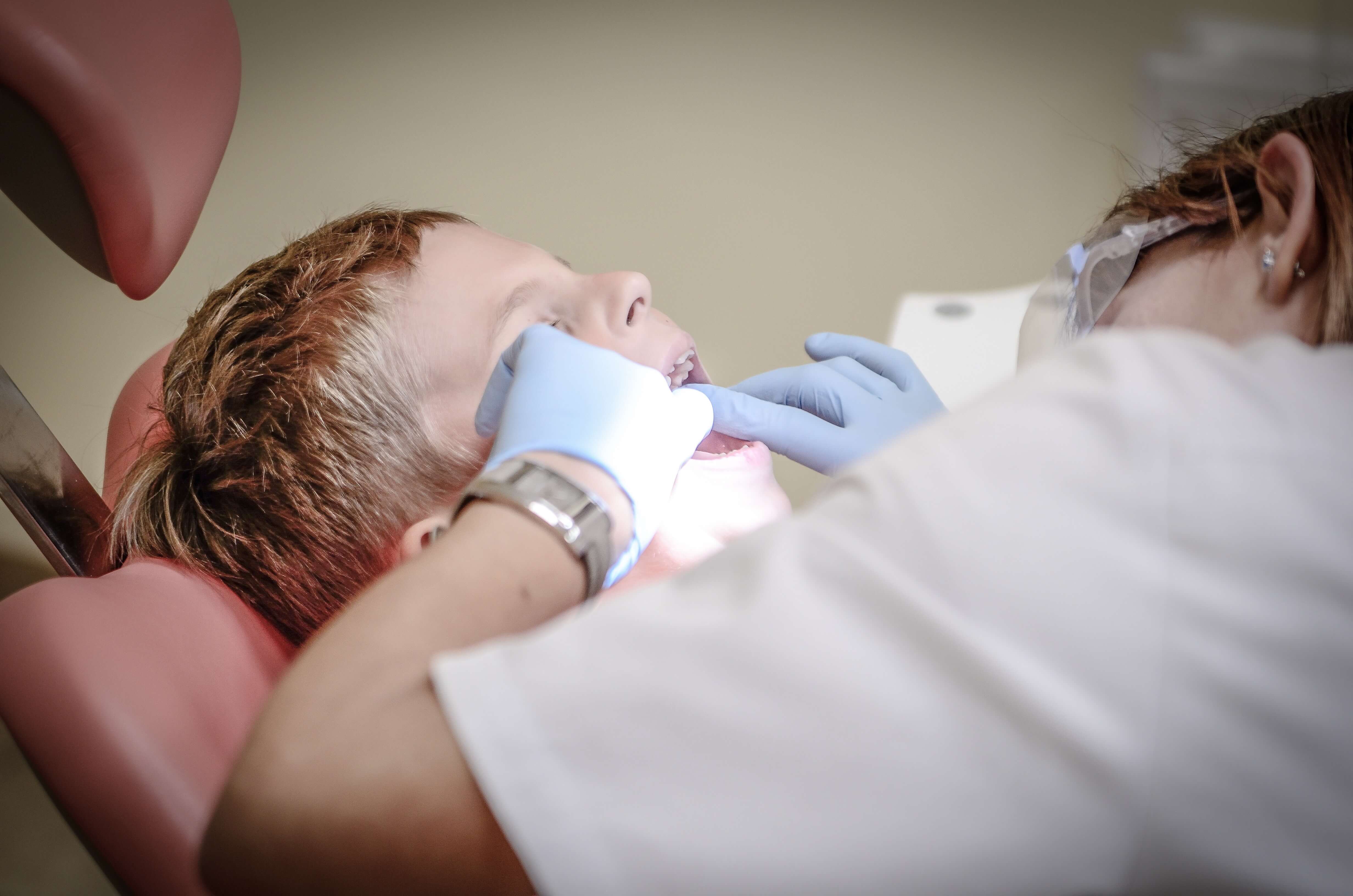Nurses are often the unsung heroes of the medical community. They are the caregivers who profoundly touch patients’ lives, providing comfort and healing during difficult times.
Nurses extend care to patients of all ages, from newborns to the elderly. While each group presents unique challenges, there are some general ways nurses can be better caregivers for adults throughout their lifespan.
We can’t defy aging, but we can slow down its effects with a healthy lifestyle. Eating nutritious food, exercising regularly, and getting enough sleep are critical for maintaining good health as we age.
Nurses can encourage their patients to make healthy choices and provide resources for making those choices easier.
Gerontology – An Overview:
The scientific study of aging that includes research on the physical, mental, and social changes that occur as we age is called gerontology.
As the population of older adults grows, nurses will play an increasingly important role in providing care for this population.
It is critical to train future nurses and nurse researchers in aging to best satisfy the needs of an aging population while also improving health among older individuals.
For this reason, healthcare facilities encourage R.N.s and BSN nurses to enroll in MSN program online programs and degrees to earn a master’s degree in gerontology. This additional education will allow nurses to provide the best possible care for their patients.
Challenges in Elderly Care:
The challenges of caring for elderly patients are numerous, but so are the rewards. A few challenges include:
- Many elderly patients have chronic health conditions that require ongoing management.
- Elderly patients are often more susceptible to falls and other accidents.
- Cognitive decline is a common part of aging and can present challenges for both patients and caregivers.
- Elderly patients don’t like to feel like a burden, so they may be reluctant to ask for help.
Despite these challenges, there are many ways nurses can be better caregivers for elderly patients. Let’s unfold some compelling ways nurses can improve the way elderly patients are cared for:
1. Understanding Their Requirements:
Aging is a phase of life that strips individuals of their physical strength and energy levels. As we age:
- Our skin becomes thin and delicate, making it more susceptible to cuts and bruises
- Our bones become brittle, and our joints ache more easily.
- We may not be able to see or hear as well as we used to.
- Our bodies don’t process medications the way they used to.
These changes can be challenging to adjust to, and the caregiver must be understanding and patient with the elderly.
That’s when nurses can enter and take over. With years of experience and unmatchable empathy, nurses are the perfect people to care for elderly patients.
They know how to handle them with care, how much medication to give and when, what food to serve, and how to keep them active without tiring them out.
2. Creating A Routine:
A routine is vital for everyone but especially for the elderly. It helps them know what to expect and gives their day some structure.
A routine can also be helpful for better caregivers, as it can make it easier to keep track of medications, meals, and activities. Nurses can work with patients and their families to create a personalized care plan that includes a daily routine.
Routine care plans should consider the patient’s abilities, interests, and preferences. They should also be flexible enough to accommodate changes in the patient’s condition.
For example, a generally healthy patient may need more help with activities of daily living after a hospital stay. Or a patient who is used to being active may need to scale back their activity level if they become weaker.
Nurses should also be aware of the signs that a routine is no longer working for a patient. If a patient becomes resistant to following the routine or if it starts to cause more stress than it relieves, it may be time to make some changes.
3. Involving Family and Friends:
Our emotions and feelings can be everywhere. When we are old, we need support from better caregivers and loved ones.
However, several sad circumstances testify that not all families are supportive. In some cases, family members may be too busy or live too far away to be involved in their elderly relative’s care.
Family dynamics may make it difficult for everyone to agree on a care plan.
When nurses are involved in the care of an elderly patient, they can help to facilitate communication between the patient and their family.
They can also provide support and resources to families struggling to cope with a loved one’s declining health.
4. Making Them Comfortable:
Many elderly patients in nursing homes or long-term care facilities are there because they can no longer live independently.
They may be unable to walk, dress, or take care of their personal needs. It is imperative that these patients feel comfortable and safe in their surroundings.
Nurses can help create a comfortable environment for their patients by paying attention to the little things.
Ensuring the room is cozy, providing soft bedding and pillows, and offering gentle massages can all help make an elderly patient feel comfortable.
Nurses can also help reduce anxiety and boredom by providing their patients with stimulating activities and exciting conversations.
In some cases, sitting with a patient and listening to their stories can be a great comfort.
5. Advocating for Their Needs:
As people age, they become more vulnerable to abuse and exploitation. Unfortunately, elder abuse is a problem that is often hidden from the public eye.
Elder abuse affects many Americans, with one in ten aged 60 and above have experienced it.
Some studies have suggested that more than 4 million adults are abused each year in the United States. According to one research, only one in 24 instances of abuse are reported to authorities.
What’s worse is that in 60% of the cases, it’s a family member that is the abuser.
Nurses can help protect their elderly patients by being aware of the signs of abuse and neglect. They can also advocate for their patient’s needs, working to ensure that they receive the best possible care.
6. The Scope:
We live longer today, but we are becoming increasingly prone to chronic diseases and disabilities as we age. According to current projections, approximately 80% of people aged 65 and older have at least one chronic illness.
Chronic illnesses often involve physical and emotional pain, functional limitations, and the requirement for long-term self-management of symptoms.
These conditions impact the quality of life of older adults and are also associated with considerable economic costs. It is because 75% of health care costs in the U.S. are due to chronic illness.
In a period of tightening budgets, we will be required to give excellent care to an ever-growing number of older people with several health issues and complicated healthcare demands.
Therefore, a career in geriatric nursing is not only personally rewarding but also essential to meeting the needs of our aging population.
And, if you’re wondering, there is a lot of scope for professional advancement in this field.
Ending Note:
Nurses play a vital role in the care of elderly patients. They often see their patients the most and are uniquely positioned to advocate for their needs.
If you’re considering a career in nursing, consider specializing in geriatric care. It is a rewarding field with a lot of scope for professional advancement.
Read Also:

























